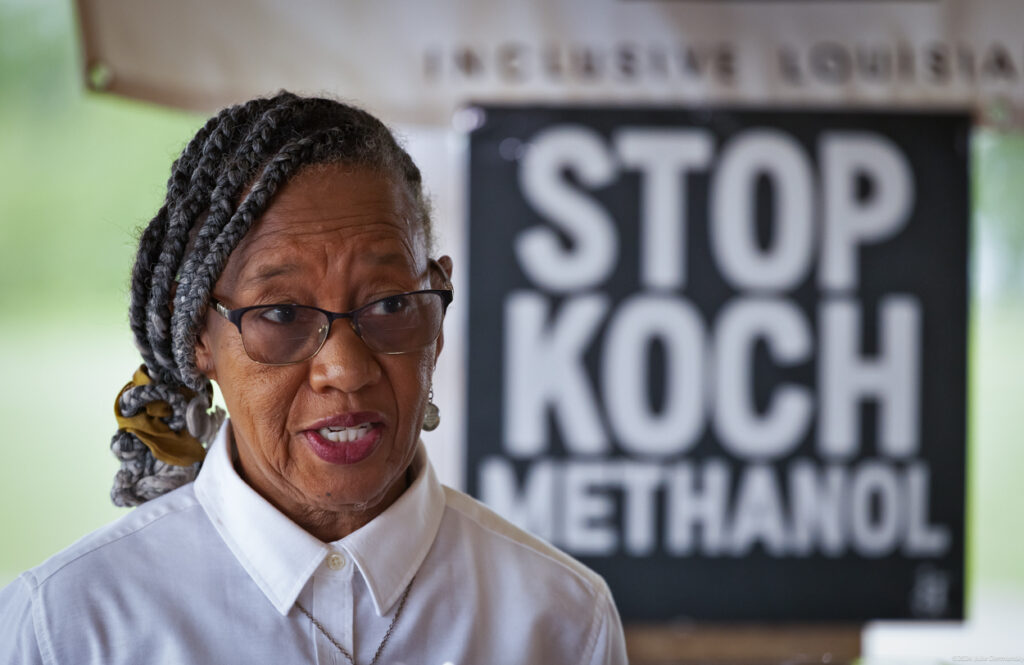The three “world leaders” who are working hardest these days to kill the Kyoto Accord are also asking their public to believe numbers that are, at best, misleading.
U.S. President George Bush, Canadian Prime Minister Stephen Harper and Australian Prime Minister John Howard lead three of the richest countries in the world and the three leading per capita greenhouse gas emitters among major nations. All three have rejected the Kyoto Accord – or any other fixed and measurable limit on greenhouse gas emissions – preferring “aspirational” targets that are voluntary and keyed off “carbon intensity.” All three are also straining credulity in making their case.
President Bush, for example, dismissed Kyoto this week as “bad policy,” and then boasted: “We’re different from other countries in the world,” Bush said. “Whatever we’re doing is working because last year we grew our economy and the gross amount of greenhouse gases we put in the environment actually went down.”
This can only be credible if you accept “carbon intensity” as a measurement tool. According to the State Department, “The President’s Global Climate Change policy focuses on reducing emissions through technology improvements and dissemination, demand-side efficiency gains, voluntary programs with industry, and shifts to cleaner fuels.” The current target is to reduce GHG intensity 18 per cent by 2012, and State believes that target is easily achievable.
But, here’s a hickup: “Over the same period from 2002 to 2012, while GHG intensity is declining, total gross GHG emissions are expected to rise by 11 percent.” So, U.S. emissions went up between 1990 and 2004 by 15.8 per cent. And even granting total success in President Bush’s GHG intensity push, emissions will continue to increase through 2012.
Is the State Department calling the President a liar or is the President calling his bureaucrats at State unreliable?
In Australia, it was Prime Minister Howard who hatched the notion of the “aspirational target.” He’s even campaigning now for Australia to be an “aspirational” nation. And the people who believe this silliness are said to most often live in the “aspriational belts” around major cities.
Howard, in a specially produced YouTube video, says that his government’s actions since 1990 “will prevent about 87 million tonnes of climate changing carbon a year from entering the atmosphere by 2010. That’s a massive reduction.” But the Australian Department of the Environment says that countries emissions have risen by 2.2 per cent since 1990 and that the rate of increase has been “steadied.” That calls for a continued increase. The “massive reduction” apparently applies to GHGs that weren’t there – and weren’t supposed to be.
Still, against the performance of either of those countries, Canadian Prime Minister Stephen Harper should be the first to apologize. Canada’s GHG output since 1990 has risen 33 per cent, and in its latest climate change policy proposal, the government gave carte blanche to the country’s biggest emitters – the oil refiners working in the Alberta tar sands – to continue unrestrained growth through 2012.
Now, Prime Minister Harper is proposing voluntary intensity targets that will reduce Canada’s GHG contribution 20 per cent by 2020. Even if that was credible – and past performance among tar sands producers calls that into question – it would still put Canada well ahead of the seven-per-cent-below-1990 gross output target that we negotiated in Kyoto in 1997.
These men, who a year ago were all still pondering the possibility that climate change might not be happening, are now making a passionate case for global leadership by advocating the status quo. If that’s leadership, I have to repeat a rhetorical question floating of late around the internet: “Where are we going; and why are we in this hand cart?”
Subscribe to our newsletter
Stay up to date with DeSmog news and alerts






